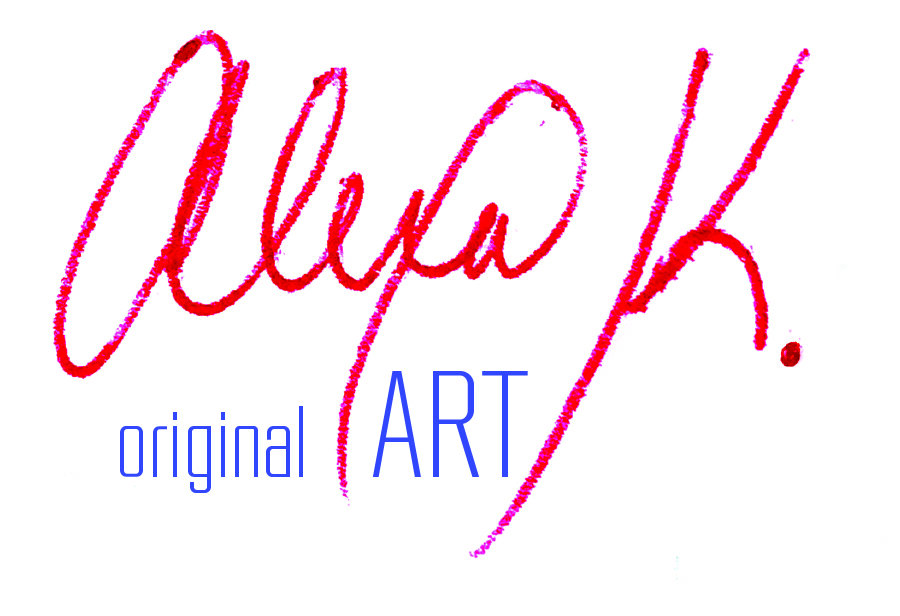Bleeding Heart / Gem and Bead Paint in Pinch Pot


Bleeding Heart / Gem and Bead Paint in Pinch Pot
Made out of a variety of red stones, crushed beads, and gems including Rose Quartz.
Please note that these are in pinch pots, not my standard hexagon pot.
About These Watercolors
First of all, thank you for purchasing these handmade watercolors! This has been a passion project for me. They are special because they are made of a variety of texture, using a myriad of pigments that I have collected over the last 20 years. From hand-crushed stone from when I was 16 years old, to pigments from the Rembrandt Museum, to garage sale glitters, to my grandmothers crushed jewels, these paints represent my life in so many ways. I was asked countless times to sell them, and I hesitated at first because they are personal to me…until I remembered that collaboration between artists is a time-honored thing, and it should be embraced. We are making something together, now, and I can’t wait to see how you transform this material!
I’m not going to lie, these watercolors aren’t for the faint of heart! If you are looking for a smooth, even texture, turn back now! But have you ever used salt to texturize standard watercolors? And you rub away the salt and some sticks there, and it seems to recreate that aspect of nature that seems chaotic, but actually creates a series of fractals that are repeated over and over again in nature…….. maybe that’s just me, haha. Well, that’s what gave me the idea to make these. Also, I love painting insects and I was trying to represent them in a unique visual way that went beyond photo realism (aka, they sparkle, so I made sparkly paint). I inherited a large collection of my grandmother’s costume jewelry and jewelry making supplies, and I always knew I would use them in my art in some way. They became the source of inspiration for the watercolor. I would find a bead that looked like a beetle, and make a paint that emphasized the insect’s attributes using the pigments in my collection, finishing off with crushing the bead and mixing it in.
How to Use
Load the pan with water (aka fill the pot with a few drops of water), let sit for a few minutes and the surface of the paint will reconstitute. Load the area you are painting with clean water, and then introduce the reconstituted watercolor to the area. Add more or less depending on what you are trying to achieve. You can also use it as a glaze over dried areas of watercolor.
Large pieces of pigment should be secured with tiny bits of acrylic medium. I use a tiny brush and place small dots around the pigment. I always err on the side of caution if a piece is essential to the composition, secure it. You can paint on panel using a watercolor ground or an absorbent ground. In this case, you would want to seal the piece. Works on paper should be framed behind glass with a double mat or frame spacer.
Tips and Tricks
Watercolor can be used in so many ways, and experimentation is always the best way to learn! I suggest making a swatch test before using on final work. Try combining them with other watercolors and ink to create more depth and different color variations.
Things in nature that sparkle: water, wet stones, tree sap, dirt after first rain, snow, rain, insects, wet turtle shells, fish, birds… can you think of more things? Then paint that thing!
Warnings
Do not consume or use on skin due to abrasive pigments. Keep away from pets and children.










